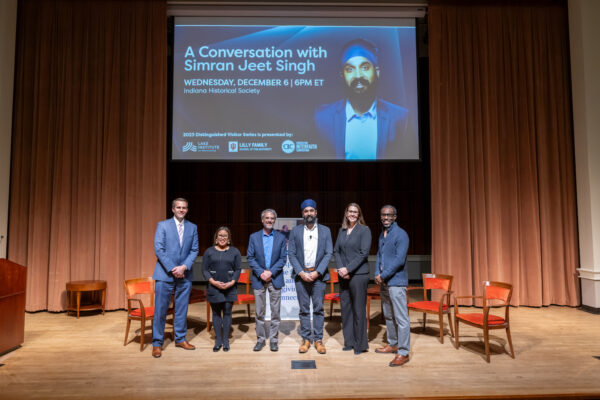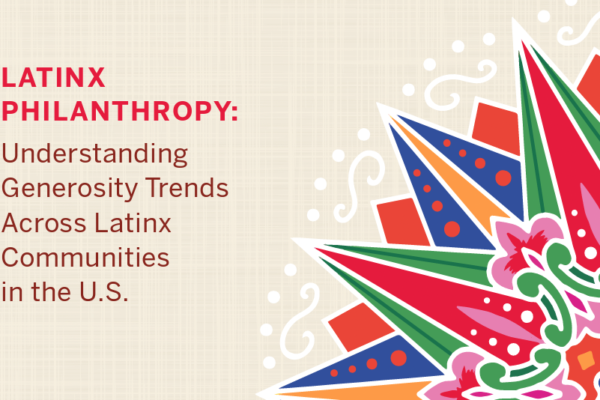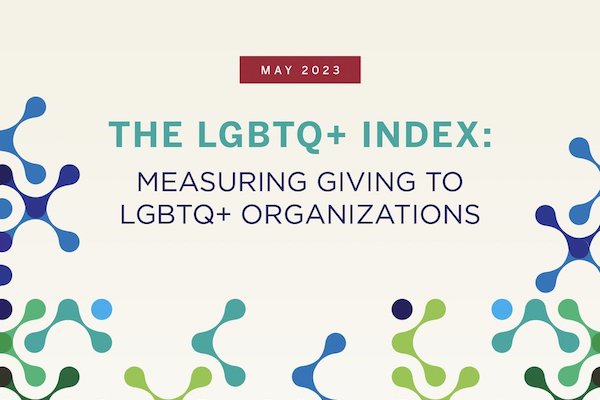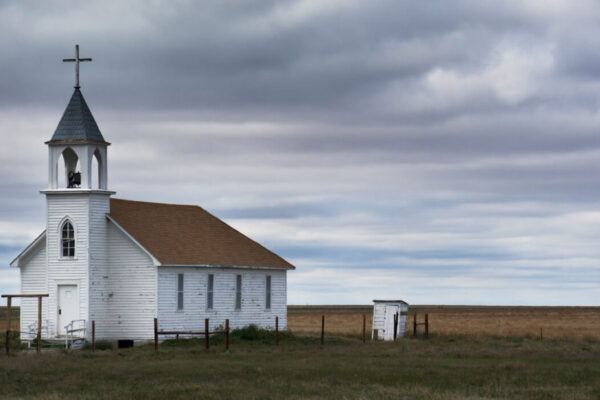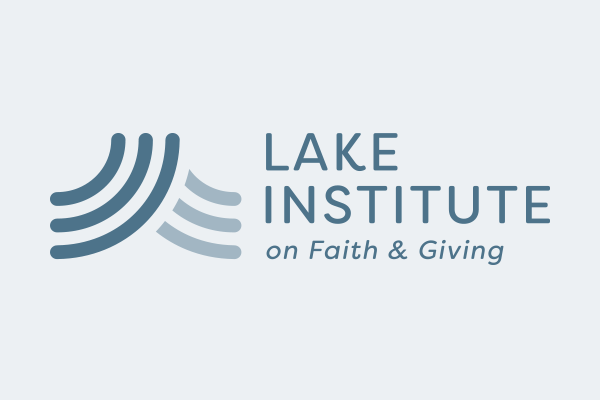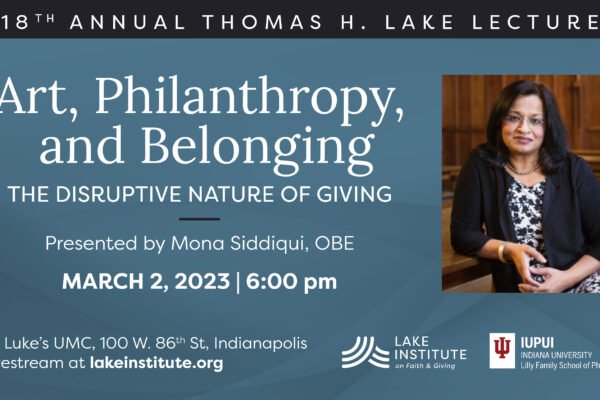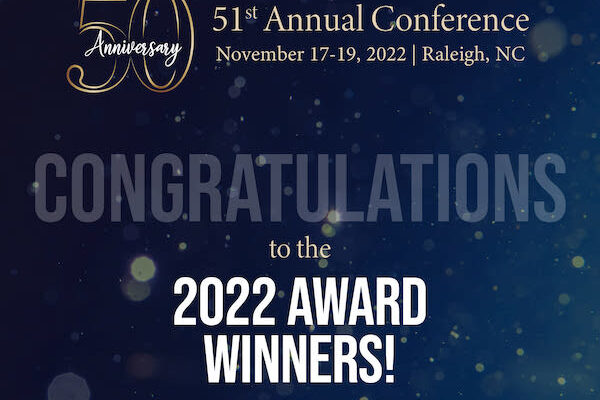As a Sikh growing up in San Antonio, Simran Jeet Singh felt the sting of racism and religious intolerance, but…
Stay up to date on the latest from Lake Institute and our partners
Subscribe
Insights is a bi-weekly e-newsletter for the religious community and fundraisers of faith-based organizations that provides:
- Reflections on important developments in the field of faith and giving
- Recommended books, studies and articles
- Upcoming Lake Institute events

